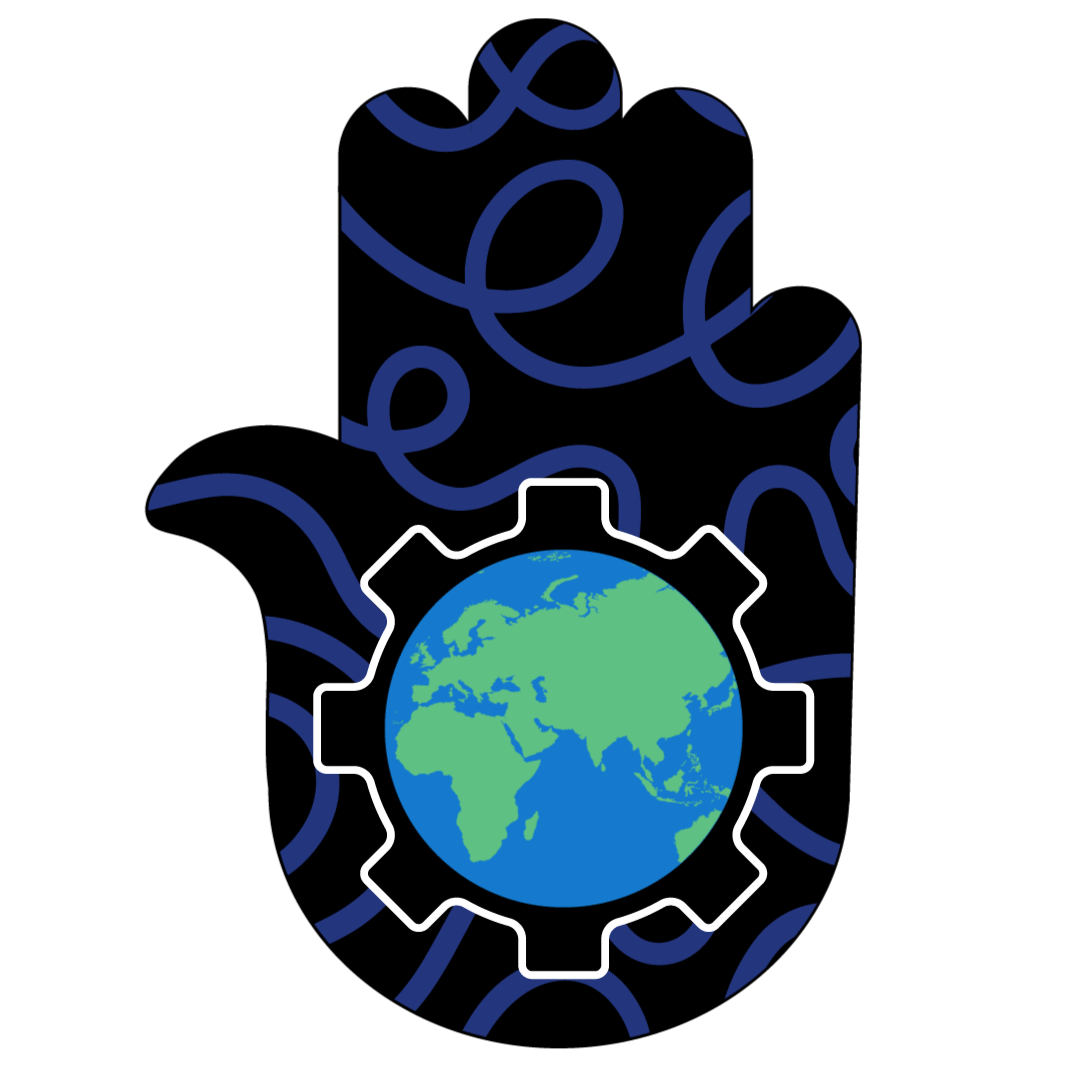Floris takes part in the “Asian Connections: Flows of People, Medicines, Ideas, and Practices” Workshop at Durham University
On the 7th of May Floris travelled down to Durham to take part in a workshop at Durham University. The “Asian Connections: Flows of People, Medicines, Ideas, and Practices” workshop was held at the Institute of Medieval and Early Modern Studies (IMEMS) and was designed to bring together scholars who look at connections that draw attention to methodologies for thinking beyond static boundaries and frameworks.
In the morning, the organisers, Sare Aricanli and Nick McGee, greeted everyone in the beautiful medieval building where the workshop was being held. After a quick introduction the workshop started which the first block of three panels. These first three panels focused broadly on the movement of both medical ideas and materials across the Asian continent from the Middle East to Japan and highlighted the interconnections, ideologies and logistics involved in the making of medicine and medical knowledge.
After this first half of the day, the participants all went for a lunch at a restaurant on the bank of the Wear where we were able to continue the conversations that were started during the talks.
The second half of the day focused more on the migration of people and looked at how inter-Asian connections built networks of movement across and beyond Asia. As part of the final panel, Floris presented a paper that assessed the factors that aided Korean migrants in establishing themselves in their new surroundings during and after the East Asian War of 1592–8 with a particular focus on Tosa domain in southern Shikoku.
After the workshop there was a wonderful reception and dinner, which were a fantastic close to a productive and thought-provoking day. The workshop was wonderfully organized and really encouraged those who attended to explore how flows of people, medicines, ideas, and practices have built connections between different societies across the Asian continent.
Workshop Panels
Panel 1) Materia Medica in Translation
Ming Chen (Peking University) – ‘The Sinicization of a Foreign Word in the Medieval Period: Taking Awei 阿魏 (Asafoetida) as an Example.’
Dror Weil (Cambridge) – ‘Moving an Episteme - Some Insights into the Translation of Medicine in Premodern Eurasia.’
Panel 2) Medicines on the Move
Shan Huang (SOAS) – ‘Panacea from China to the Mediterranean Sea: The Origin of Musk and its Trade Route.’
Yitong Qiu (Oxford) – ‘Ruling and Healing: Ownership and Use of Medicine Among Qing
Officials 1700–1912.’
Panel 3) Disease at and across Borders
Sining Lyu (SOAS) – ‘Confronting Disease in the Qing Empire’s Borderland Campaigns.’
Baihui Duan (Lancaster) – ‘Smallpox Panic: Managing Diseases and Sino-Chosŏn Relations.’
Panel 4) Where Asia Meets Europe
Hasaam Latif (Durham) – ‘The Life of Sulleyman Adam: Lascar Crime and Punishment in 19th and Early 20th Century Britain.’
Ana Akulich (Leeds) – ‘Orthodox Encounters: Migration, Language Skills, and Worship in Russian Orthodox Communities in China, 1890s–1940s.’
Panel 5) The Flows of War
Floris van Swet (Northumbria) – ‘Foreign Skill in a Japanese Periphery: Korean Migrants in Early Modern Tosa Domain.’
Xinyi Chi (Wuhan) – ‘The Transnational Management of the Burma Road Transportation.’
Helena F.S. Lopez (Cardiff) – ‘Wartime Flows in Three Connected Colonies in South China, 1937–1945.’


